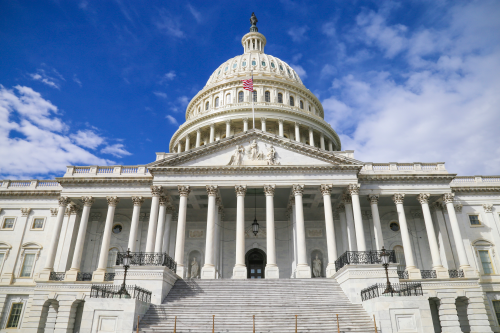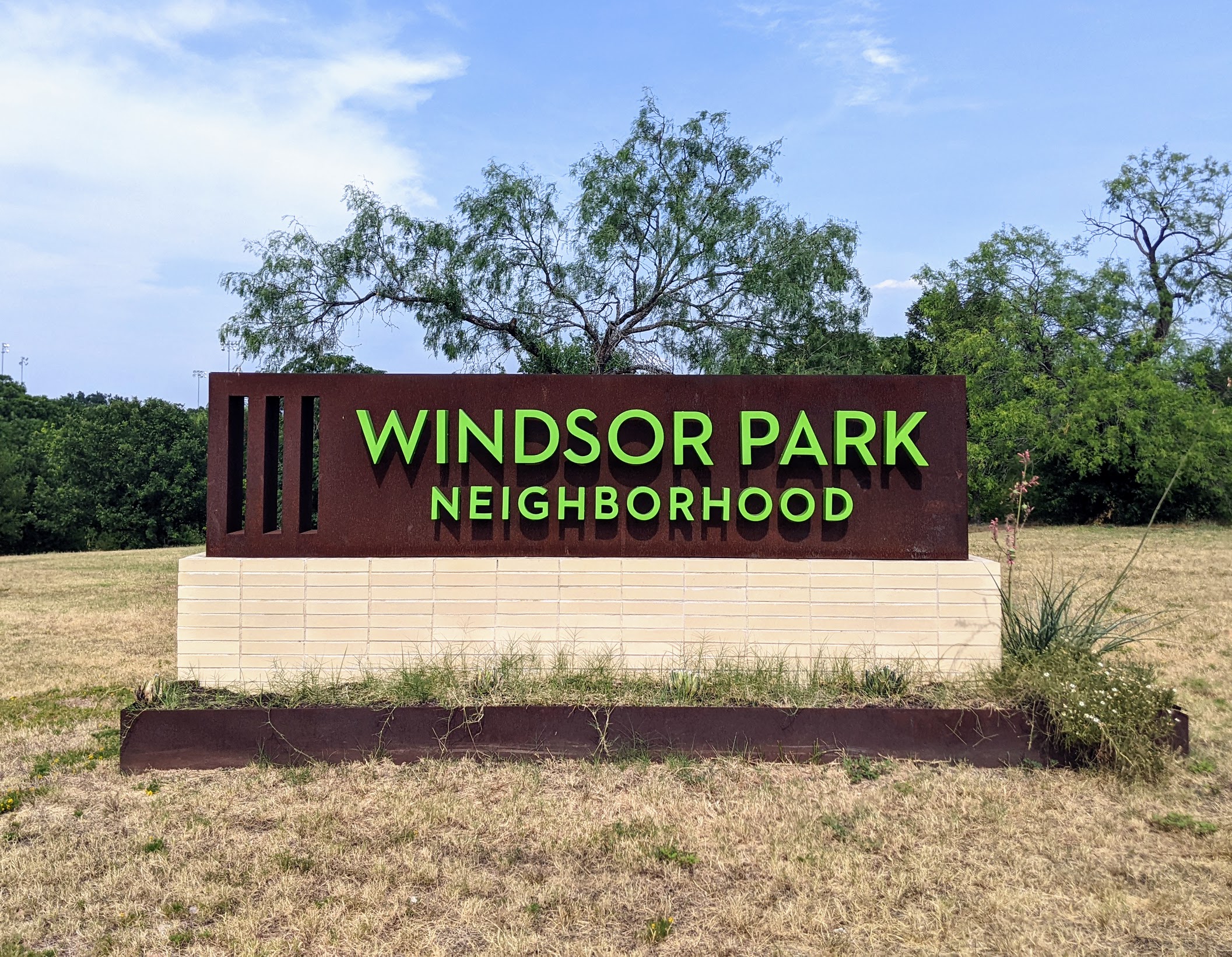Carbon Dividend Act
August 2018 – Barrett Sundberg
In WPNA’s Global Warming resolution, passed in May, we urged Congress to “impose a fee on the producers and importers of fossil fuels…and distribute the fees received on a per capita basis.” A bill to do exactly that has been filed in the House of Representatives, and by 7/14/19 had already attracted 55 cosponsors. Currently known as House Resolution 763, it will be called the “Energy Innovation and Carbon Dividend Act of 2019” if passed this year.

The bill, originally proposed by Citizens’ Climate Lobby (CCL), would create a carbon dividend to be received by all American citizens – exactly as we asked. The Secretary of the Environmental Protection Agency would determine how the dividend would be delivered, but proposals are by monthly bank transfer or by debit card. The fee would start at a low rate of $15 per ton of expected carbon emissions, then raise that by $10 per year unless various nationwide emission targets are met. If the targets are met, emissions from these fossil fuels would decline 90% by 2050. Such a large emissions reduction could play a huge role in preventing climate catastrophe.
On the consumer side, the effect of the fee at $15 per ton would be similar to paying about 15 cents per gallon of gasoline. After that, prices would rise by about 10 cents per gallon annually until the emission targets are met. So the amount of cost depends on the amount of fuel a person uses, the amount of electricity generated by fossil fuels for home use, and so on.
How much would the carbon dividend be? According to a Household Impact Study shown on the CCL website, when the fee is $15 per ton, the annual dividend per person is about $261, while the cost for a medium household (the “third quintile” out of five) is about $252. People with lower incomes would usually come out ahead, people with higher incomes slightly behind, simply due to spending. The amounts of cost and benefit would rise in proportion over time, but remain zero on average.
A key point is that while all the money is distributed back to citizens, not the government, the whole country can be expected to receive some economic benefit over time through increased efficiency. Also, because the money would go to all citizens equally, it would stimulate the economy by providing extra spending power to people who are most likely to spend because they otherwise have low incomes. According to Bob Hendricks, a speaker for CCL and co-chair of the Climate Change committee of Austin’s Sierra Club, over 3,000 economists have endorsed the bill.
In addition, of course, we would gain security by having a better shot at successfully handling the climate crisis! More details will soon be found on Windsor Park’s website, as well as citizensclimatelobby.org. We are working on posting all of the climate articles with additional information on the WPNA website at https://www.windsorpark.info .
The most direct way to seek passage of this bill is to contact your Congressional office and ask your Representative to cosponsor the bill. Most of the cosponsors of the bill so far are Democrats, but since we have Republican representatives, we can increase bipartisan support for the bill, in keeping with our neighborhood resolution to take nonpartisan positions. In addition to identifying yourself as a constituent, feel free to mention that you are a Windsor Park Neighborhood Association member or resident. The WPNA climate change committee is preparing to have direct talks with the Representatives’ offices for our neighborhood, and the more calls from WPNA members they receive, the better our presentation will be received.






 Seven of our eleven 2023 Scholarship recipients being recognized at our June WPNA meeting.
Please support our scholarship effort by contributing below through our secure PayPal site.
Seven of our eleven 2023 Scholarship recipients being recognized at our June WPNA meeting.
Please support our scholarship effort by contributing below through our secure PayPal site.



